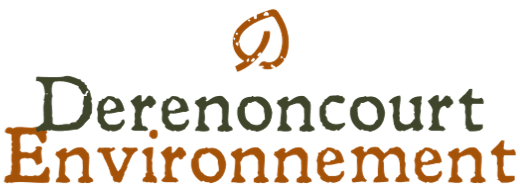Derenoncourt Environment

Agrément conseil indépendant n°AQ 02123
With the invaluable experience we have gained over the years in defining and optimising the vinegrowing potential of our different clients’ wine estates in 17 countries, we have developed a design and support strategy for vineyards that focuses on three major areas of work which favour the creation and enhancement of functional, balanced biotypes for farming.
The definition of the missions necessary for the success of each project is dictated by the needs and ambitions of each wine estate and is subject to a prior audit. We have thus identified three main areas of work, three fundamental technical levers, which are inter-linked and complementary.
The 3 areas of work :

Soil balance
The aim is to propose a global study of soil function, so as to propose adapted agronomic actions for
preservation of terroir and improvement in soil fertility.
Method:
- A study of the soil’s physical quality: structure, cohesion, compaction and infiltration.
- A study of the soil’s biological quality: micro-biological activity and presence of fauna.
Advice is then given on all available methods to improve the quality of the soils: reasoned additions of organic matter, suitable working of the soils, and the use of specific cover crops.
Phyto-sanitary support
The aim in this area is to partner wine estates in an overall reconsideration of their phyto-sanitary strategy, in order to reduce impacts on human beings and the environment.
Method:
- An audit of the estate: strengths and weaknesses
- Visits to vineyards/assessment of disease pressure
- Practical tools/help with decision-making
- Reasoned recommendations
Support in moving towards organic and/or bio-dynamic farming.
Advice on risk assessment, choice of spray products and application conditions.


Biodiversity
The aim in this area is to support the vine growers in a voluntary approach towards improving biodiversity, so as to preserve and optimise an ecological balance conducive to the natural regulation of pests.
Method:
- Assessment of agro-ecological infrastructures
- Assessment of fauna
- Assessment of flora
- Evaluation of practices that favour or disadvantage biodiversity.
Advice is given on the development and upkeep of agro-ecological infrastructures and on the improvement of vine-growing practices.